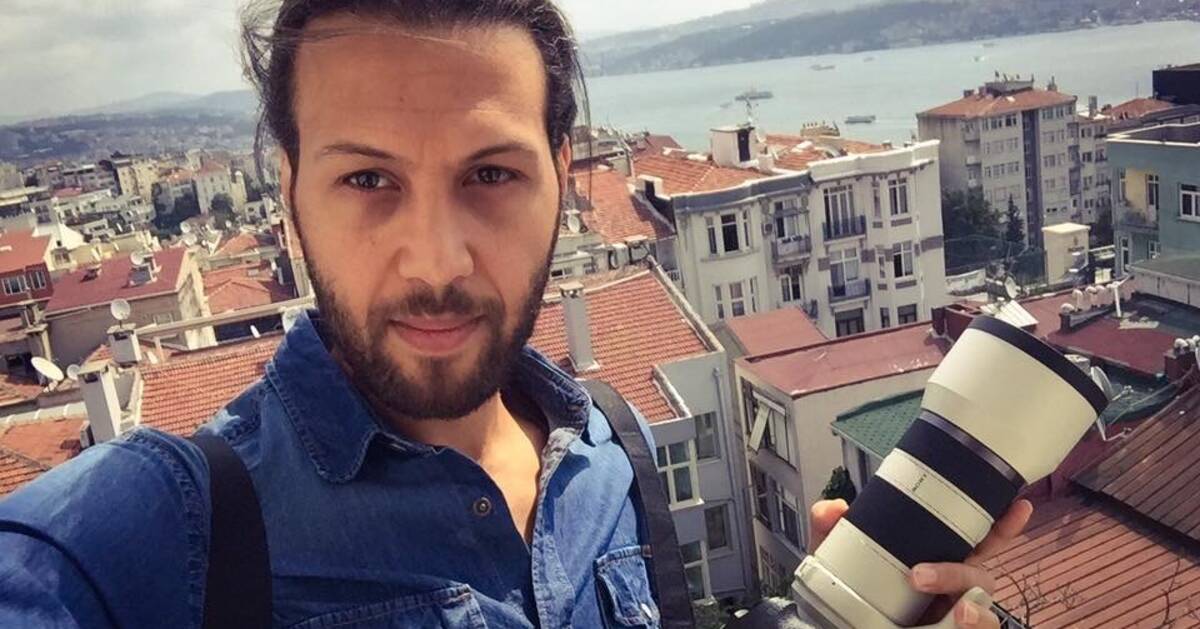I hear the plane alarm sounding as I run down the stairs on the way to the hotel's freezing shelter in the Ukrainian city of Zhytomyr and I think, do I have any memory left?
I've already forgotten that.
If there is one thing I remember and have learned from my years in war zones, it is that war makes everything go out of its usual form.
Time becomes a rigid lifeless lump in today's artery, or it turns into a fast-flowing sand in the mud of oblivion.
Time does not resemble itself when you live between a dark reality and a wishful thinking about the post-war period.
Plans are postponed until after the war, hour by hour, day by day, until they just become future daydreams.
I am sitting in the underground shelter with many Ukrainian families who have fled from other cities in the country and think that the cool metal chair I am sitting on does not feel so cool anymore.
Or maybe my body has simply adapted to the new time rhythm.
Routines feel almost non-existent
The body is also perceived differently in war.
It kind of loses its weight and ignores its needs until all the usual routines feel almost non-existent.
The body becomes an idea that from time to time visits the consciousness while the brain is busy absorbing the new logic to keep up with the fast rhythm of the war.
The aircraft alarm fills the air again and the news rages.
An attack on a hospital, lots of pictures of injured pregnant women, civilian houses hit by rockets, threats of nuclear weapons and other news and pictures that are usually perceived as strange, brutal, bloody… But in times of war, my everyday life swallows everything.
In war, all my habits also become secondary, my priority list is topped by survival strategies and it's all about being functional and effective in all circumstances.
I have experienced the war several times in my professional life and the war in Ukraine is no exception.
And then came his tears
After a long working day in the city of Zhytomyr, which is 150 km from the capital Kyiv, I turned the day towards its end.
On the way to my room in the hotel's dark and cold stairwell, our Ukrainian driver stopped me.
What to do if the plane alarm sounds while we sleep tonight?
he asked.
We wake up and run down to the shelter, I replied.
He wondered if we would have time?
Then he continued with another question, what do you do when you work in war zones?
Ready for anything
I joked with a pinch of truth to lighten his swollen serious gaze and said, I sleep like a fox with a half-open eye, ready for anything.
I told him that hotels are not usually a destination and advised him to think of someone he loves to be able to sleep.
Think of your children, I said!
As I said this, I realized my mistake.
This is exactly what makes him anxious and far from being able to relax and sleep.
Our strength becomes as great as our weakness
He is afraid of not seeing his children again after this war.
And then came his tears.
In war we come close to emotions and our strength becomes as great as our weakness.
The fear, anxiety, hatred, love and longing for our loved ones are constantly evoked to burn the wood of time.
The only feeling that registers a constant absence is our security when we live in a terribly brutal reality.
Javascript is disabled
Javascript must be turned on to play video
Read more about browser support
The browser is not supported
SVT does not support playback in your browser.
We therefore recommend that you switch to a different browser.
Read more about browser support
"It is a life-threatening mission to be in Ukraine now, but at the same time you have to be there" - Photographer Salim Alsabbagh and correspondent Samir Abu Eid were in the Morning Studio and told about the work in Ukraine.

